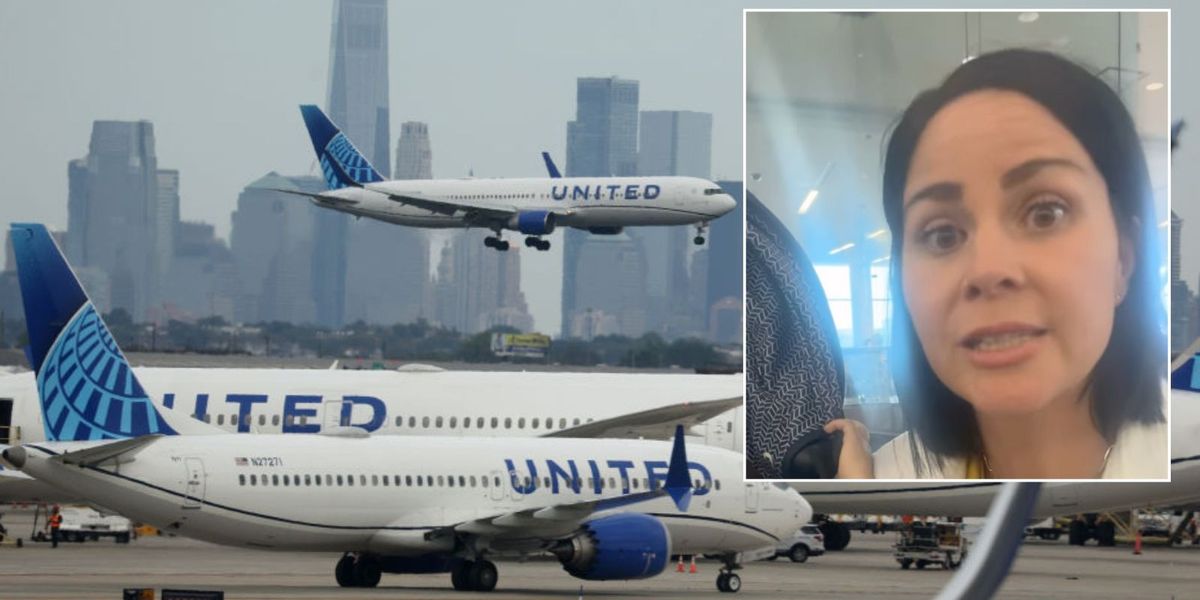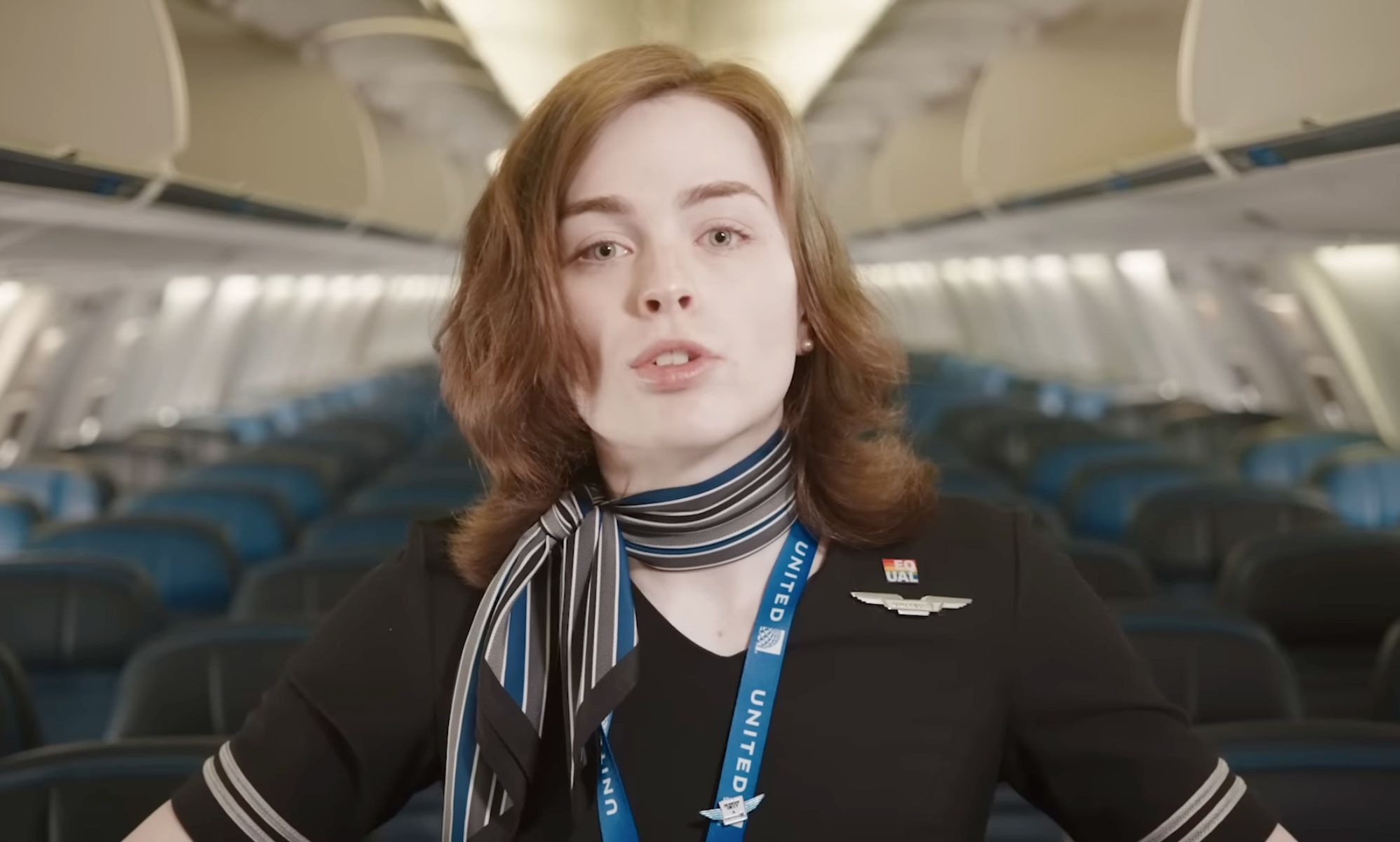Misgendering in the Airline Industry: Misgendering Flight Attendant
Misgendering in the airline industry refers to the act of incorrectly identifying or addressing a flight attendant based on their perceived gender, rather than their actual gender identity. This can occur intentionally or unintentionally and can have a significant impact on the flight attendant’s well-being, job performance, and overall workplace environment.
Prevalence of Misgendering
Misgendering is a common experience for flight attendants, particularly those who identify as transgender or non-binary. A 2021 study by the National Center for Transgender Equality found that 40% of transgender people had been misgendered in the past year, and 25% had been misgendered in the past month. This suggests that misgendering is a widespread problem that affects a significant number of flight attendants.
Impact of Misgendering
Misgendering can have a profound impact on flight attendants’ well-being. It can lead to feelings of invalidation, anxiety, depression, and even suicidal thoughts. It can also make it difficult for flight attendants to do their jobs effectively, as they may be distracted or preoccupied by the need to correct people who misgender them. In addition, misgendering can create a hostile or unwelcoming work environment, which can lead to increased turnover and absenteeism.
Causes and Consequences of Misgendering

Misgendering flight attendant – Misgendering, the act of referring to someone using the wrong gender pronouns or terms, is a prevalent issue in the airline industry. Understanding its root causes and consequences is crucial to address this problem effectively.
Societal Norms and Lack of Training
Societal norms that reinforce binary gender roles and stereotypes contribute to misgendering. Lack of training for airline staff on gender diversity and inclusivity exacerbates the issue, as they may be unaware of the appropriate language and protocols to use.
Implicit Bias
Implicit bias, or unconscious prejudices, can lead to misgendering. Flight attendants may hold preconceived notions about gender based on appearance, mannerisms, or other factors, which can influence their interactions with passengers.
Negative Consequences for Flight Attendants
Misgendering can have detrimental effects on flight attendants’ well-being. It can create a hostile work environment, leading to stress, anxiety, and feelings of disrespect.
Negative Consequences for Passengers
For passengers, misgendering can undermine their sense of safety and belonging. It can also erode trust in the airline and diminish customer satisfaction.
Legal Implications, Misgendering flight attendant
Misgendering may have legal implications. Some jurisdictions have laws that prohibit discrimination based on gender identity or expression. Misgendering could potentially constitute a violation of these laws.
Strategies for Addressing Misgendering

Addressing misgendering in the airline industry requires a multi-pronged approach involving training, policy implementation, and fostering a culture of respect and inclusivity. By adopting these strategies, airlines can create a more welcoming and respectful work environment for flight attendants of all gender identities and enhance the travel experience for passengers.
Training Programs
Comprehensive training programs are essential for educating employees about gender identity, pronouns, and inclusive language. These programs should cover topics such as:
- Understanding the spectrum of gender identities
- Recognizing and respecting preferred pronouns
- Using inclusive language that avoids assumptions about gender
- Responding appropriately to misgendering incidents
Pronoun Usage Guidelines
Clear guidelines for pronoun usage help ensure that flight attendants and passengers are addressed respectfully. These guidelines should include:
- Asking individuals for their preferred pronouns
- Using pronouns that align with the individual’s gender identity
- Correcting misgendering in a polite and respectful manner
Inclusive Language Policies
Inclusive language policies promote a culture of respect and inclusivity by prohibiting the use of derogatory or discriminatory language. These policies should include:
- Avoiding gendered language that assumes a person’s gender
- Using gender-neutral language when possible
- Respecting the privacy of individuals regarding their gender identity
Misgendering a flight attendant is a serious issue that should not be taken lightly. It can be incredibly hurtful and disrespectful to the individual being misgendered. Recently, there has been a lot of news about Brandon Aiyuk, a wide receiver for the San Francisco 49ers.
Click here to read the latest brandon aiyuk news. Misgendering a flight attendant is never acceptable, and it is important to be respectful of everyone’s gender identity.
It’s disheartening to hear about the recent incident of a flight attendant being misgendered. This type of behavior is unacceptable and highlights the need for greater sensitivity and respect towards transgender individuals. In this regard, it’s worth noting the efforts of Senator Tim Scott ( tim scott ), who has consistently advocated for policies that protect the rights of LGBTQ+ people.
His support for legislation like the Equality Act demonstrates his commitment to creating a more inclusive society where everyone feels respected and valued. As we work towards eradicating misgendering and other forms of discrimination, it’s essential to recognize and support those who are fighting for equality.